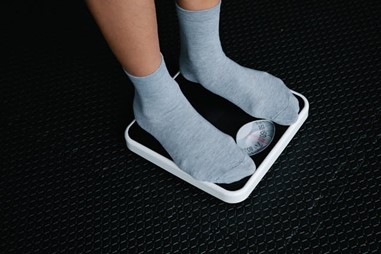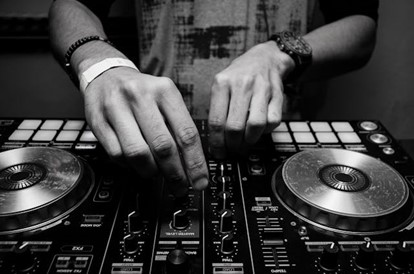
Being injured sucks. I should know; I’ve been there enough times. At the moment, I’m dealing with a chronic foot injury. The little bones in the ball of my right foot are inflamed, and they’re taking their sweet time to heal.
I could, of course, be upset about this. And sometimes I am. But that doesn’t do me any good. A better option is to use my philosophy.
The first principle of Stoicism is to focus on what you can control.1 Don’t waste mental energy worrying about things outside of your control. Put your attention and effort toward the things you can actually affect.
I can’t control how quickly the bones in my foot heal, but I can control how much I weigh. If I were lighter, there would be less force on my foot while I’m standing and walking. So being lighter should reduce my pain and promote healing.

Now, I’m not overweight at all, but I figure I have about 10 pounds of extra weight that I can drop. And 10 fewer pounds of force on my foot – every step, every day – will add up to a meaningful difference.
I know this won’t cure my foot injury. But it can’t hurt, and it will probably help. More importantly, it puts my focus on what I can control, which is a lot better than being upset about what I can’t.
Are you dealing with an injury right now? Instead of passively waiting for it to heal, consider what you have control over, such as:
- Your nutrition
- Your sleep
- Your physical therapy homework
These things won’t magically heal your injury, but they will help.
Or perhaps, while you’re injured and unable to do the physical activities you love, what you can control is whether or not you use this time wisely. Will you waste it all binging shows on Netflix? Or will you spend this forced downtime developing your mind and learning something useful?

I’m reminded of my friend Mark who, in his early 20s, shattered both ankles in a ski crash. He used his recovery time to learn how to DJ – something he’d always dreamed of doing and something he’s become very successful at. (You can listen to him here.) He embodied one of my favorite sayings from Tal Ben-Shahar:
““Things do not necessarily happen for the best, but I can choose to make the best of things that happen.”2
Stoicism teaches us that, no matter what happens, there is always something we can still control. And this principle is never more important than when things go wrong.
1 Holiday, Ryan, and Stephen Hanselman. The Daily Stoic: 366 Meditations on Wisdom, Perseverance, and the Art of Living. Portfolio, 2016.
2 Ben-Shahar, Tal. Choose the Life You Want: The Mindful Way to Happiness. The Experiment, 2014.
